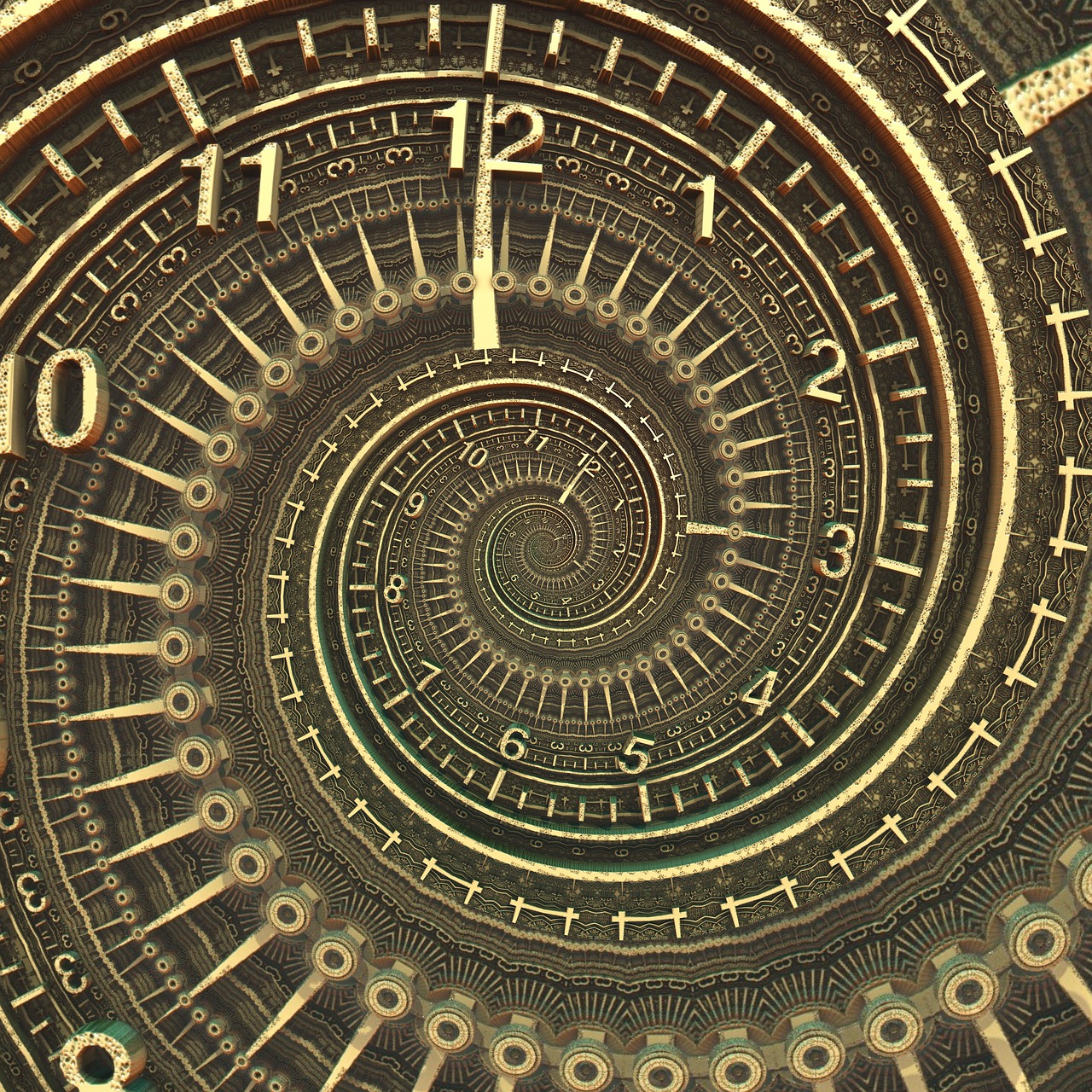Will CRISPR fears fade with familiarity?
By Patricia Stapleton,
The Conversation
| 08. 21. 2017
The first “test-tube baby” made headlines around the world in 1978, setting off intense debate on the ethics of researching human embryos and reproductive technologies. Every breakthrough since then has raised the same questions about “designer babies” and “playing God” – but public response has grown more subdued rather than more engaged as assisted reproductive technologies have become increasingly sophisticated and powerful.
As the science has advanced, doctors are able to perform more complex procedures with better-than-ever success rates. This progress has made in vitro fertilization and associated assisted reproductive technologies relatively commonplace. Over one million babies have been born in the U.S. using IVF since 1985.
And Americans’ acceptance of these technologies has evolved alongside their increased usage, as we’ve gotten used to the idea of physicians manipulating embryos.
But the ethical challenges posed by these procedures remain – and in fact are increasing along with our capabilities. While still a long way from clinical use, the recent news that scientists in Oregon had successfully edited genes in a human embryo brings us...
Related Articles
By Evelina Johansson Wilén, Jacobin | 01.18.2026
In her book The Argonauts, Maggie Nelson describes pregnancy as an experience marked by a peculiar duality. On the one hand, it is deeply transformative, bodily alien, sometimes almost incomprehensible to the person undergoing it. On the other hand...
By Josie Ensor, The Times | 12.09.2025
A fertility start-up that promises to screen embryos to give would-be parents their “best baby” has come under fire for a “misuse of science”.
Nucleus Genomics describes its mission as “IVF for genetic optimisation”, offering advanced embryo testing that allows...
By Grace Won, KQED Forum [with CGS' Katie Hasson] | 12.02.2025
In the U.S., it’s illegal to edit genes in human embryos with the intention of creating a genetically engineered baby. But according to the Wall Street Journal, Bay Area startups are focused on just that. It wouldn’t be the first...
Several recent Biopolitical Times posts (1, 2, 3, 4) have called attention to the alarmingly rapid commercialization of “designer baby” technologies: polygenic embryo screening (especially its use to purportedly screen for traits like intelligence), in vitro gametogenesis (lab-made eggs and sperm), and heritable genome editing (also termed embryo editing or reproductive gene editing). Those three, together with artificial wombs, have been dubbed the “Gattaca stack” by Brian Armstrong, CEO of the cryptocurrency company...




